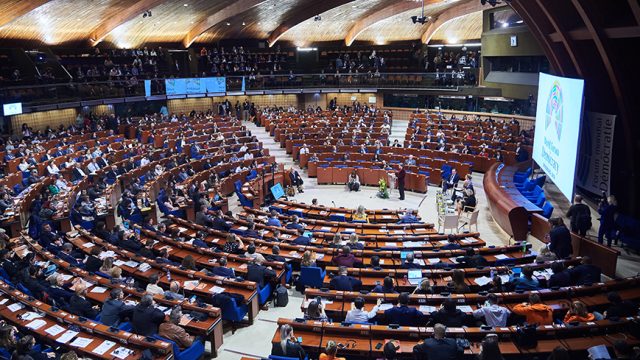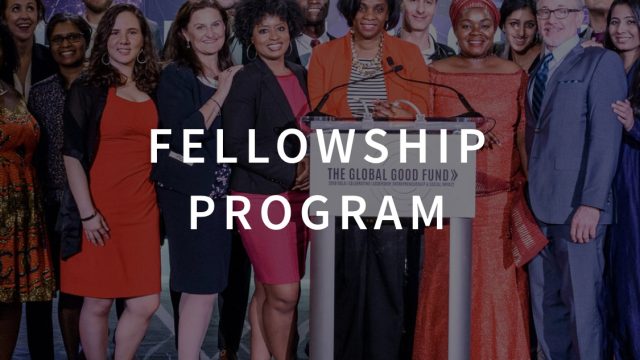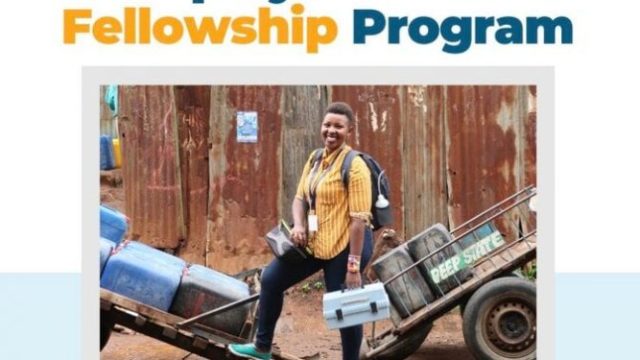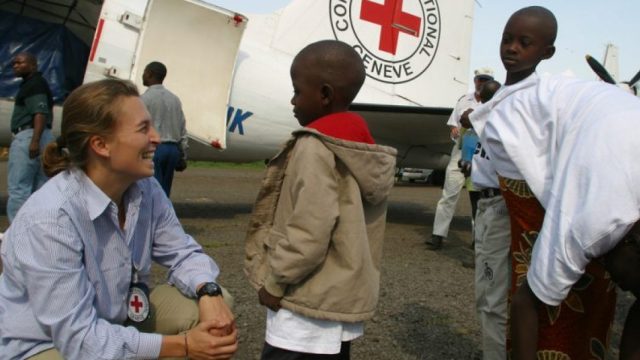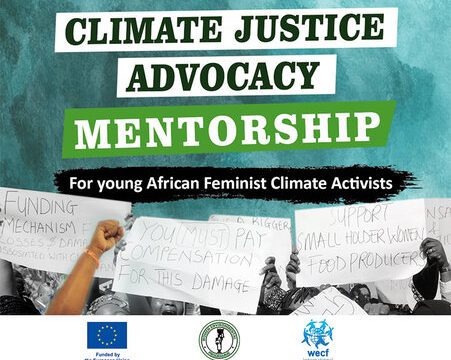GRANTS : Call for Applications for Solid Waste Management
A call for applications for integrated solid waste management research has been released by the Environmental Research & Education Foundation. The study that aims to support more sustainable solid waste management practises is the primary focus of this call.
The United States' business models of almost every industry have been impacted by the sustainability movement, and numerous corporations, states, and local governments have established ambitious sustainability targets that encompass waste stream management.
One of the main sponsors of solid waste research in North America, EREF is an IRS 501(c)3 non-profit organisation. EREF is run by a duly elected Board of Directors and has no affiliation with any other organisation or group. The Board of Directors is the governing body that makes decisions and is in charge of formulating guidelines that specify the programme interests and core goals that the Foundation will endeavour to fulfil.
Strategic Priorities for Research
The Board of Directors of EREF has designated three primary priorities, which centre around the effects of managing solid waste, managing circular and sustainable materials, and reducing environmental risk and/or harm:
Assessment of Climate Change Impacts and Greenhouse Gas Emissions
- Quantifying greenhouse gas emissions, encompassing direct measurement, modeling, data, and methodology
- Evaluating the effectiveness of technologies for directly measuring emissions and factors influencing their ability to measure emissions from entire landfill sites
- Comparing the precision of landfill models and methodologies for reporting greenhouse gas emissions to that of direct measurement technologies
- Understanding the contribution of greenhouse gas emissions from landfills originating from specific sources versus routine gas field maintenance and upgrade activities
- Analyzing the impacts and strategies for reducing waste management collection and disposal options, including waste-to-energy and landfill gas-to-energy
Exploration of Emerging Contaminants
- Assessing the potential impacts of emerging contaminants on waste management operations, including leachate disposal/treatment, composting facility operations, anaerobic digestion facilities, and digestate management
- Determining the relative contributions of per- and polyfluoroalkyl substances (PFAS) to and from solid waste management facilities
- Examining the economic impacts of PFAS management at solid waste facilities
- Investigating potential impacts of PFAS on compost or anaerobic digestion facility operations and their outputs
- Evaluating the fate, transport, and environmental and health impacts of emerging contaminants managed by waste facilities
- Assessing the potential fate, transport, and environmental health impacts of PFAS from waste collection to final disposal
- Identifying exposure pathways of PFAS from landfills and comparing them with other sources
- Examining whether PFAS is sequestered within the waste management system, such as in landfills or composting facilities, and if so, where it tends to be sequestered
Implementation of Best Practices and Effective Management Strategies during Waste Collection and Disposal
- Advancing Materials Circularity and Recycling
- Evaluating the efficacy of policies impacting waste management and circularity
- Measuring and assessing the impact of extended producer responsibility frameworks
- Quantifying the effectiveness of bottle bills
- Assessing source-separated organics management policies and their efficacy in enhancing materials circularity
- Evaluating trade-offs associated with environmental burdens related to circular priorities using life cycle assessments (LCAs)
- Assessing potential trade-offs linked to environmental impacts, policies, and practices regarding different end-of-life pathways
- Evaluating environmental impacts and associated trade-offs related to various vehicle fuel types and operational practices of collection vehicles, impacting emissions
- Understanding barriers and benefits experienced throughout the value chain, including end markets and recycled content needs.
Don't miss out on the application deadline which is 01 December 2023.
Scroll down for more details and click on the official link attached to apply now.
Additional Information
GRANTS : Call for Applications for Solid Waste Management 0 reviews
Login to Write Your ReviewThere are no reviews yet.
